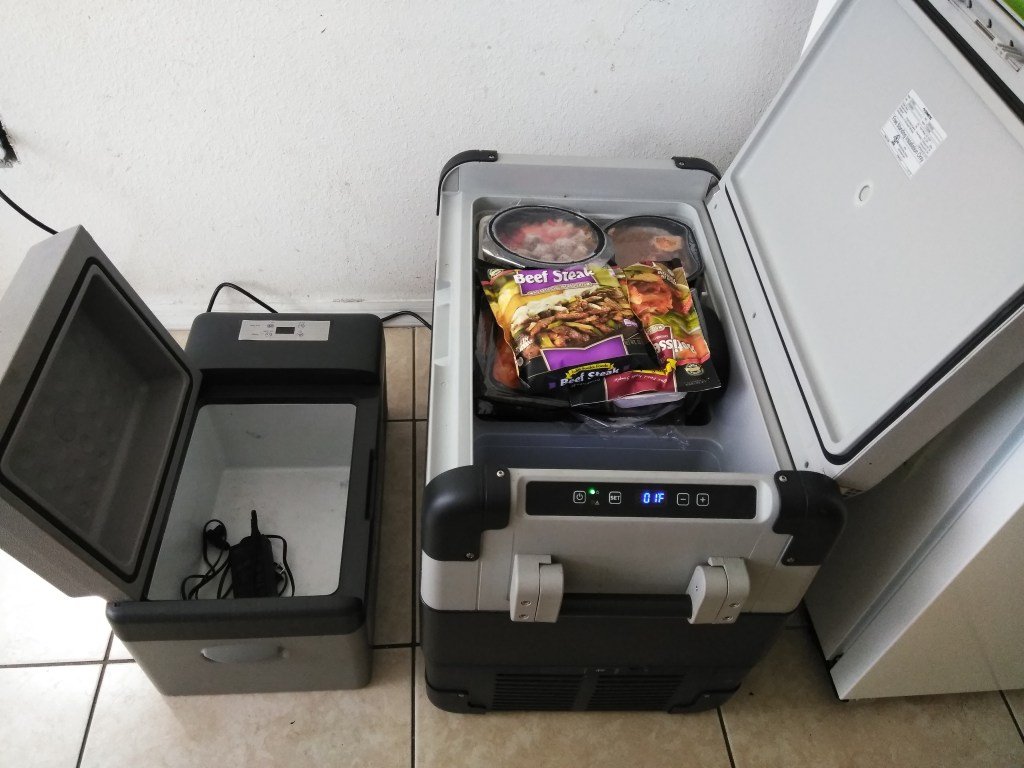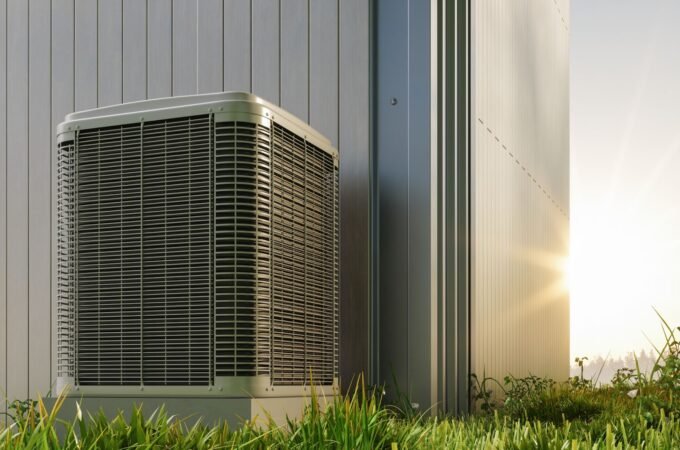
Cooler vs 12-volt Refrigerator, The Pros and Cons of Each Explained
Modern campers have seen a multitude of hardware that is designed to be brought during their wilderness treks and explorations. One essential factor for the movement of groups of people is their consistent demand for supplies for longer durations of sustainability like water and food as well as utilities able to store these items. Appliances that can accomplish this mission are with either a cooler or a 12-volt refrigerator.
Portable Appliances for Outdoor Activities
Most offroad activities that are done by campers require portable appliances able to sustain, store, and preserve the goods that they bring with them during their journey. These containers should hold a freezing temperature that is suitable for most snacks and refrigeratable foods. Storage appliances designed to accompany expeditionary people are commonly in the forms of a cooler or a twelve-volt refrigerator.

The designs and manufacturing of these types of appliances are based upon their ability to be carried quickly, assembled with lightweight materials, and a durable outermost shell case to provide protective measures. These traits are observed with a good 12 volt refrigerator for the camping enthusiast who requires a portable power source for longer durations of operation. Coolers, on the other hand, are sufficient and reliant upon their structure, able to seal the freezing temperature emitted by the ice cubes stored inside them.
Coolers vs 12-volt Refrigerators
Several backpackers, camping groups, and explorers invest in either a cooler or a refrigerator. Advances in the design and manufacturing of these portable appliances gave way to more durable and cost-efficient products reinforced by the best industry-grade materials that assure the storage of chilled food, drinks, and snacks. They both represent the agile way of living while providing enough storage space for supplies that eliminates the worry for spoiled goods.
Coolers
Camping coolers are one of the most versatile equipments for outdoor activities. Coolers are already naturally portable and used to store drinks or food that can last a duration of five to ten days. Coolers depend upon their overall capacity to store ice that helps them preserve the goods that we hide.

Pros
- Affordable
- Minimal Outgoing Cost
- Minimal Sustainability Cost
- Lightweight
- Durable
- Easier to clean
- Ease of maintenance
- Longer Lasting for Use
Cons
- Less Ability for Temperature Control
- Needs Ice Cubes
- No freezer option
12v Refrigerators
Portable refrigerators can be powered with solar panels, household AC power, or 12v DC power sources mostly found in a vehicle. None of these methods for powering a refrigerator is cheap. Several energy-efficient refrigerators still draw 1.3Ah or more. That amount of power consumption might not seem a large amount but will quickly remove energy from a solar panel or portable generators that can make them quite expensive in use.

Pros
- Full Temperature Control
- Freezer Option
- Temperature Sustainability
- Durability
- Compartments for Different Food types
- Automatically Sealed
- Precise Temperature Adjustment
- Internal Lighting
- Digital Display
- WiFi Capable
Cons
- Expensive
- Requires any Portable Power
- Heavyweight
- Harder to Clean
- Requires maintenance
- Short lifespan
Temperature Control of Coolers and Refrigerators
Portable refrigerators have the advantage when it comes to features regarding the control of temperature. The dual-zone types of refrigeration units can hold a colder temperature due to their reinforced seals and integrated electronics. The press of a button, use of potentio-meter knobs, or tapping a touchscreen display can set any food stored to the perfect temperature.
Different portable refrigerators even come with a variant to control the temperature variations with access to any android, phone, or tablet.

Steps can be done to gain better control of a cooler’s temperature. It is therefore vital to consider the overall duration of a camping or outdoor activity. Modern coolers have come a long way of evolution since the typical implementation of foam boxes. Top-quality coolers can hold a storage duration of five to ten days.
Conclusion
Modern camping enthusiasts prefer either the cooler or the 12 volt refrigerator. Both appliances share advantages such as their durability, portability, and capacity to store food during a journey. But the 12-volt generator is expensive due to its electronics and requirement for power, while the cooler relies on its built-in seal and volume to hold ice cubes to help with food preservation.




